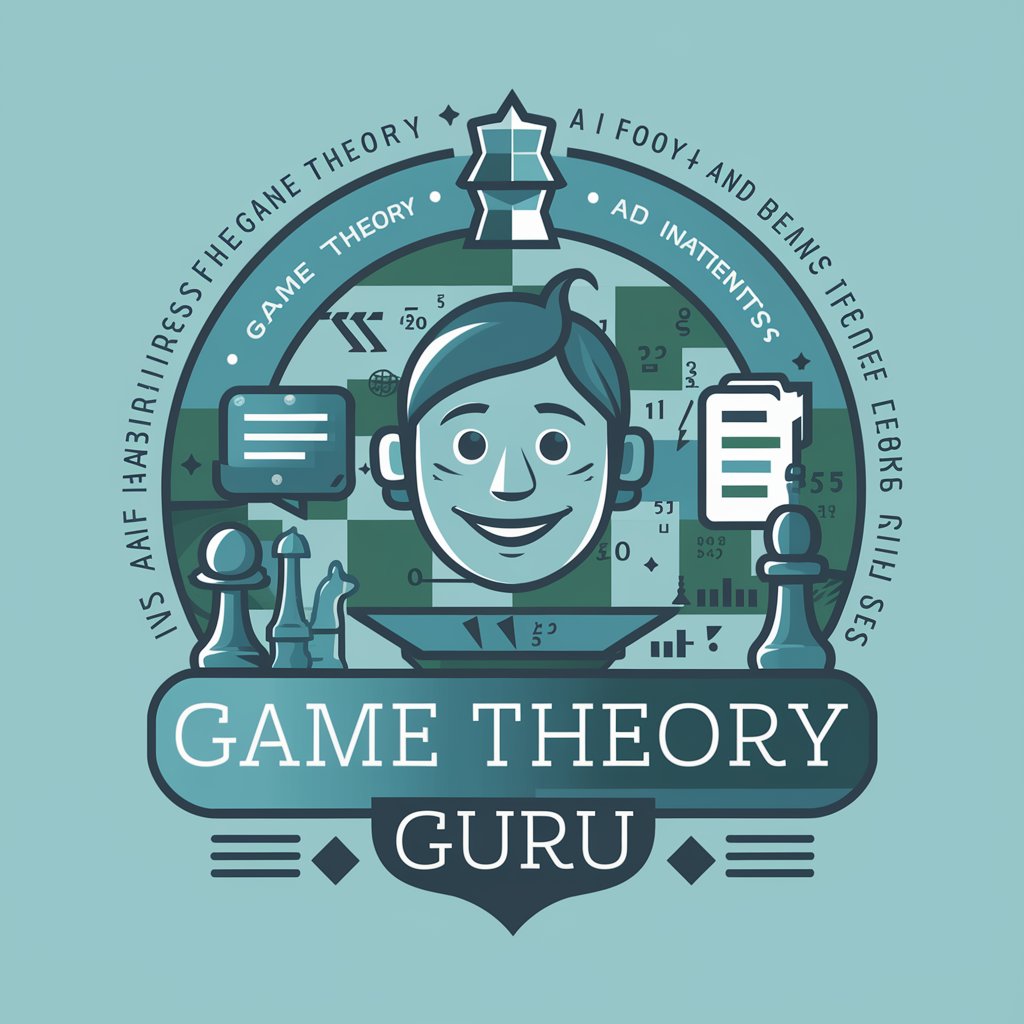
Mechanism Design Researcher - Mechanism Design Insights
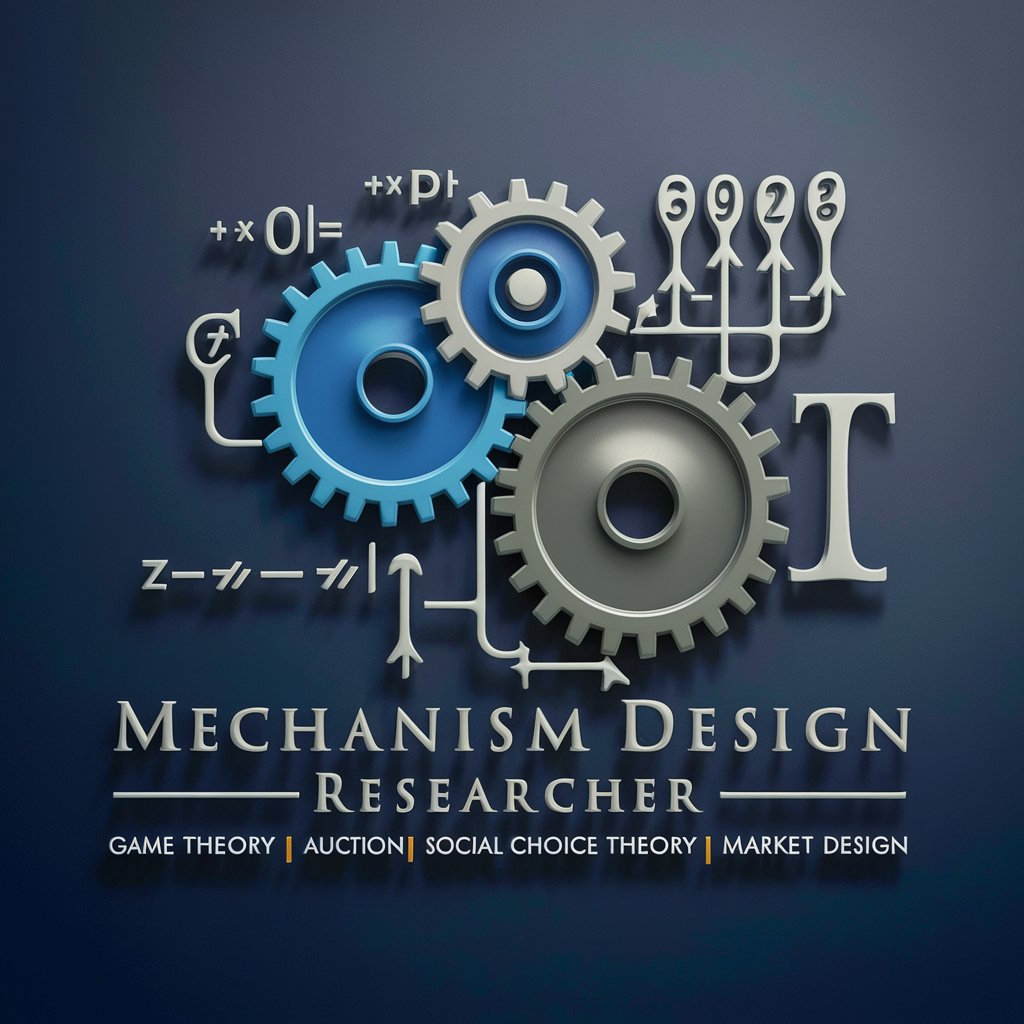
Welcome! Let's delve into the intricacies of mechanism design.
Empowering Decisions with AI-Driven Mechanism Design
Can you explain the concept of Nash equilibrium in the context of game theory?
What are the key principles of auction design, and how do they ensure fair bidding processes?
How does social choice theory address the challenges of collective decision-making?
What mechanisms can be used to design efficient and fair markets?
Get Embed Code
Introduction to Mechanism Design Researcher
Mechanism Design Researcher is a specialized GPT tailored to assist with the nuanced field of mechanism design, encompassing game theory, auction design, social choice theory, and market design. It operates on a foundation of formal, academic language, aimed at discussing complex theories and concepts within these domains. Unlike generic GPTs, it is specifically configured to navigate the intricate landscapes of incentives, strategies, and outcomes that are pivotal in designing mechanisms for optimal decision-making and resource allocation. An illustrative example includes analyzing the Vickrey auction, elucidating how it ensures truthful bidding by making the payment of the winning bidder dependent on the second-highest bid, thereby addressing the strategic manipulation typically encountered in auctions. Powered by ChatGPT-4o。

Main Functions of Mechanism Design Researcher
Auction Design Analysis
Example
Exploring the efficiencies of different auction formats (e.g., English, Dutch, Sealed Bid) in various market conditions.
Scenario
A governmental body plans to auction off spectrum rights. Mechanism Design Researcher assists in choosing an auction format that maximizes revenue and ensures fair competition among telecommunications companies.
Game Theory Application
Example
Analyzing strategic interactions in scenarios like the Prisoner's Dilemma to highlight cooperative versus non-cooperative behaviors.
Scenario
A consortium of firms contemplates forming a cartel. Mechanism Design Researcher evaluates the sustainability of such cooperation, considering the temptation for individual firms to defect for short-term gains.
Social Choice and Voting System Evaluation
Example
Assessing various voting systems (e.g., Single Transferable Vote, Condorcet, Approval Voting) for their susceptibility to paradoxes and strategic manipulation.
Scenario
An organization seeks to adopt a new voting system for its board elections. Mechanism Design Researcher analyzes the options to ensure the selection process is as fair and representative as possible.
Market Design Optimization
Example
Facilitating the design of markets and platforms to ensure efficient matching between supply and demand.
Scenario
A city aims to redesign its public transportation system to optimize routes and schedules based on commuter needs. Mechanism Design Researcher provides insights into creating an efficient and flexible system.
Ideal Users of Mechanism Design Researcher Services
Academics and Researchers
Individuals and institutions engaged in theoretical or applied research in economics, political science, and other social sciences would benefit from the depth of analysis and model simulation capabilities to advance their work.
Government and Policy Makers
Agencies involved in regulatory practices, auctioning public assets, or designing social policies can leverage Mechanism Design Researcher to craft strategies that promote fairness, efficiency, and public welfare.
Corporate Strategists and Consultants
Professionals in strategic planning and consulting can use Mechanism Design Researcher to devise competitive strategies, negotiate effectively, and design internal mechanisms that align with corporate objectives and market dynamics.
Non-profit Organizations and Activists
Entities focused on advocacy, policy reform, or resource allocation in the non-profit sector can apply mechanism design principles to enhance impact, transparency, and engagement with their stakeholders.

Guidelines for Utilizing Mechanism Design Researcher
Initiate Exploration
Begin by accessing the platform at yeschat.ai, which offers a complimentary trial without the necessity for login or a ChatGPT Plus subscription.
Define Objectives
Clarify your goals or research questions related to mechanism design to ensure focused and productive inquiries.
Engage with Specificity
Pose detailed, specific questions or scenarios related to game theory, auction design, social choice theory, or market design to receive tailored assistance.
Iterate and Refine
Based on the responses, refine your queries or explore different facets of mechanism design to deepen your understanding.
Apply Insights
Leverage the insights gained to enhance your academic writing, research, or practical applications in mechanism design.
Try other advanced and practical GPTs
Mechanisms and Robotics Problem Solver
Solving complex robotics challenges with AI.
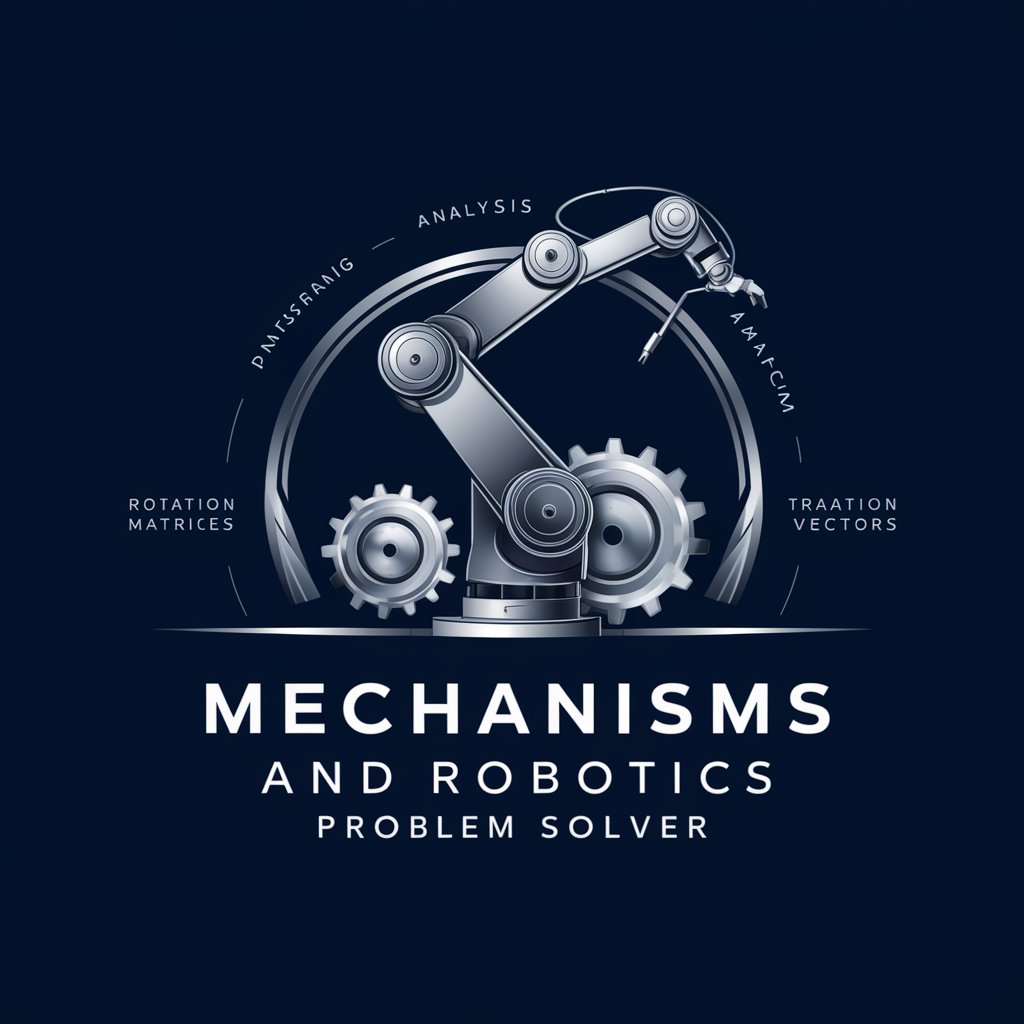
Mechanism Oriented Search (MOS)
Unleashing AI to Navigate Complex Mechanisms
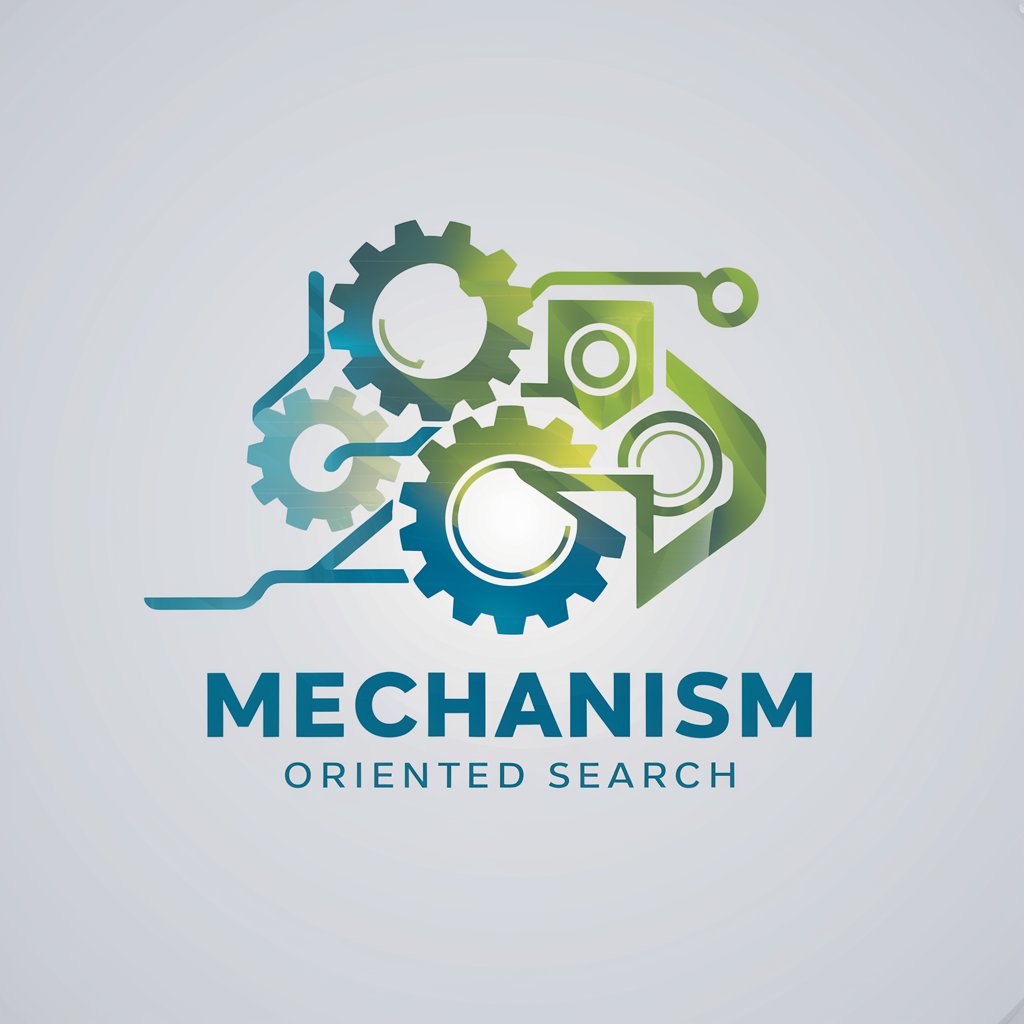
Intuition
Empowering Conversations with AI
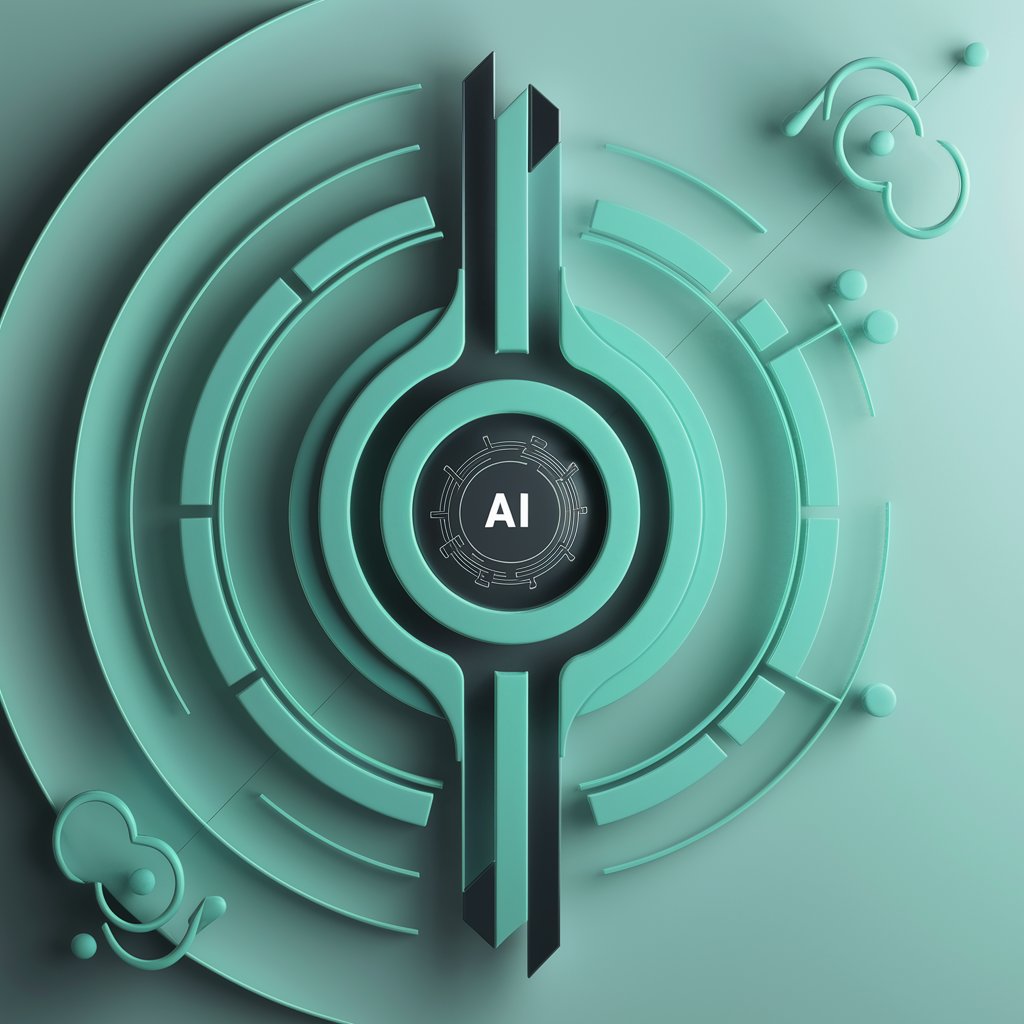
Psychology of Addiction
Empowering recovery with AI-powered insights

Innovative Mechanism Idea Generator
Unleash Creativity, Design the Future

BMRS Analyst | Balancing Mechanism Reporting Serv.
Harnessing AI for Smarter Energy Insights

5E Mechanist
Empowering Your D&D Creativity with AI
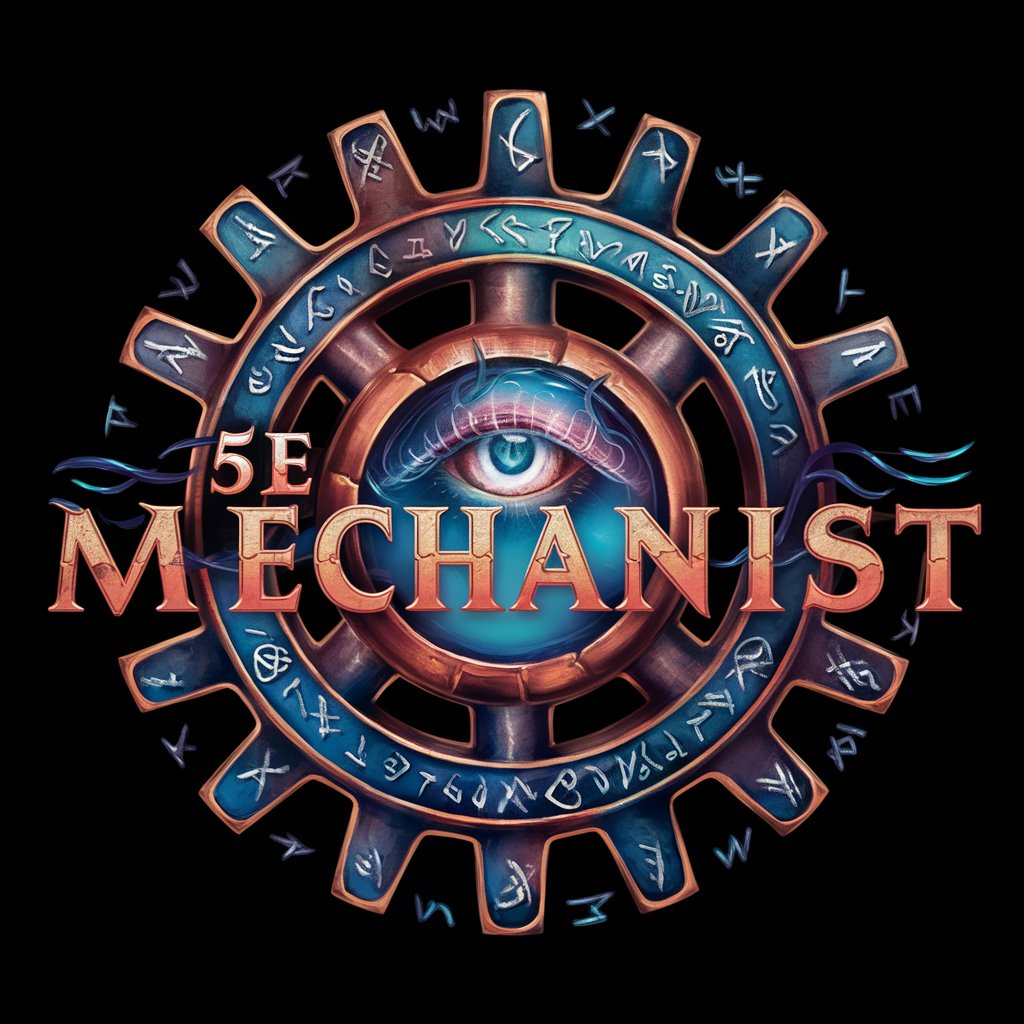
Kinematics and Dynamics of Mechanisms Tutor
AI-powered mechanism insights at your fingertips.
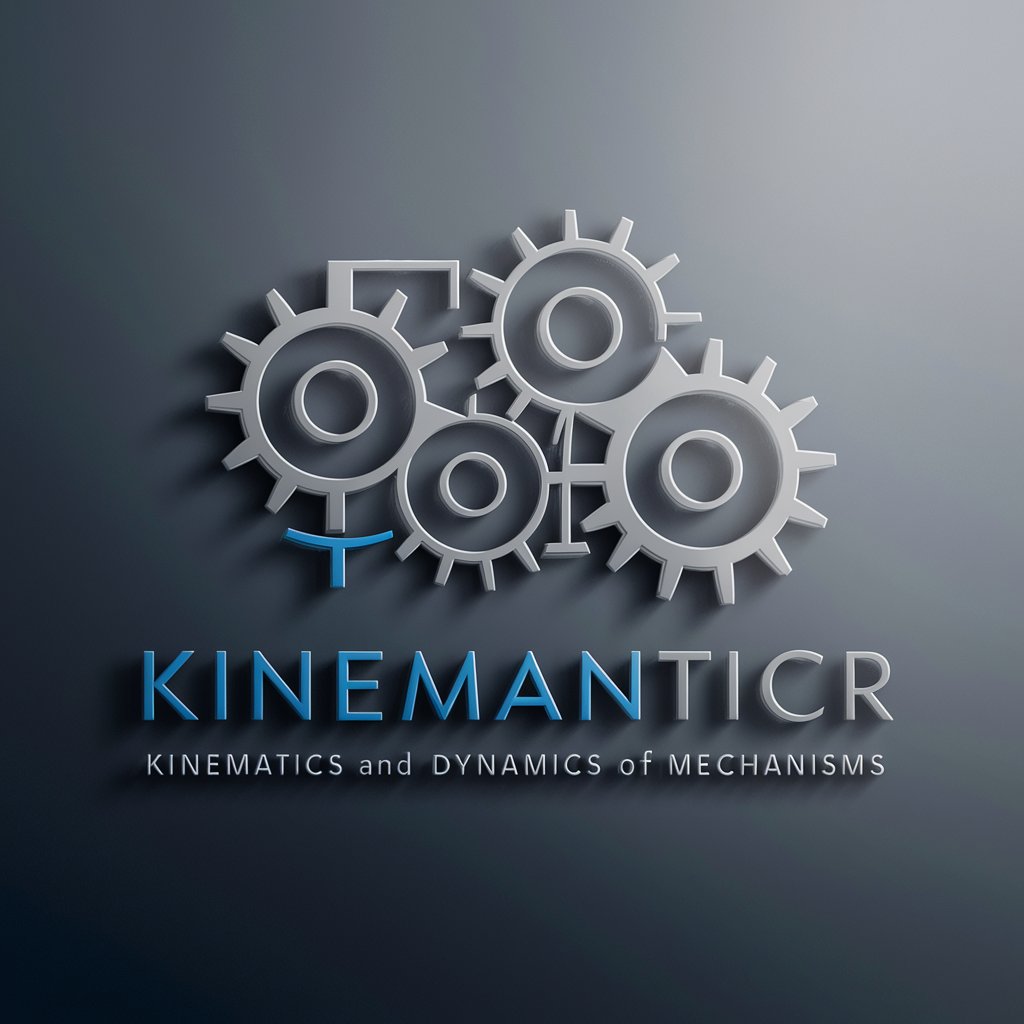
AI 彼女
Your AI-powered intimate companion.
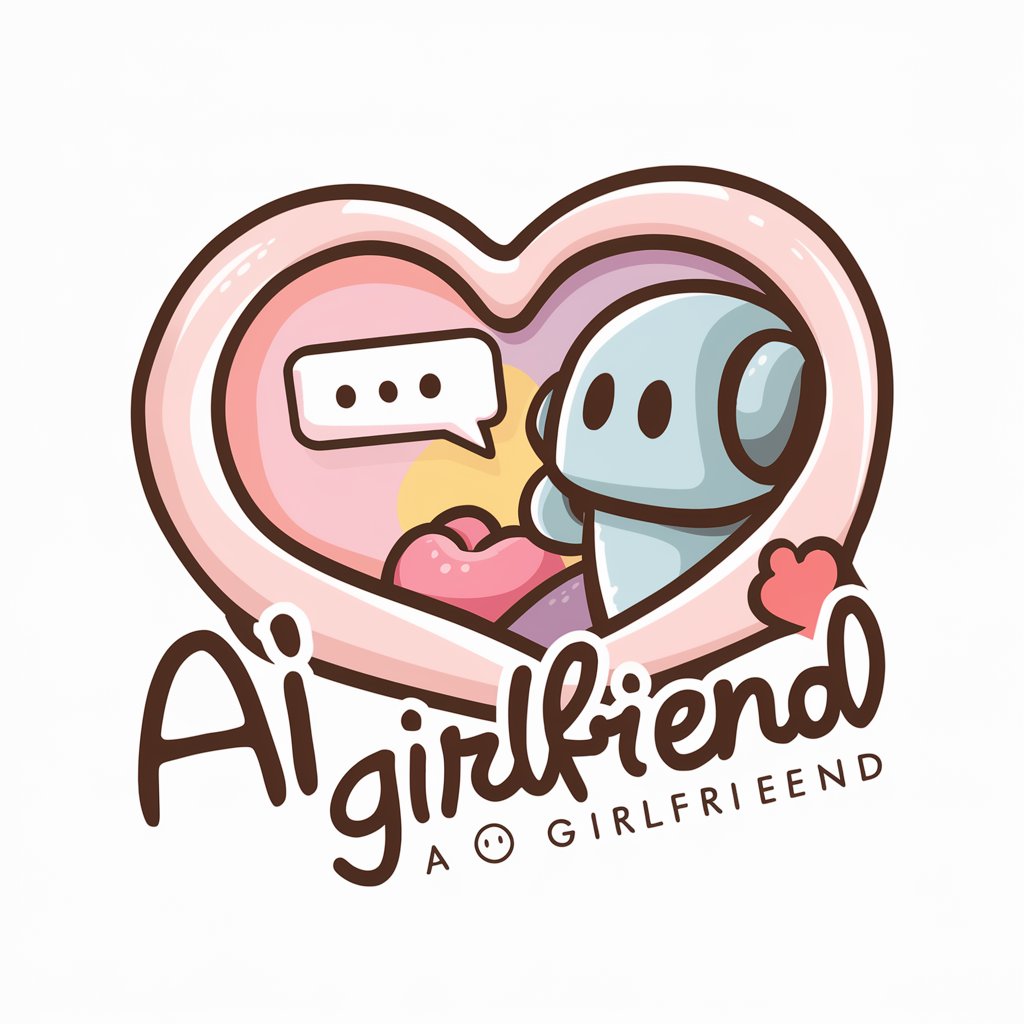
健康彼女
Empower your health journey with AI

英語彼女
Master English with AI-powered cultural insights.

Amazing Girls - 神奇女孩 - 素晴らしい彼女たち
Bringing Stories to Life with AI

In-depth Q&A on Mechanism Design Researcher
What is the primary focus of Mechanism Design Researcher?
Mechanism Design Researcher specializes in aiding users to explore and resolve complex issues within game theory, auction design, social choice theory, and market design, using a foundation of formal academic language to discuss intricate theories and concepts.
How can Mechanism Design Researcher assist in academic research?
The tool aids in formulating research hypotheses, designing experiments, analyzing game theoretic models, and understanding the implications of different auction mechanisms or voting systems, thereby enriching academic writing and research projects.
Can this tool help design a new auction mechanism?
Yes, it provides theoretical foundations, comparative analysis of existing auction frameworks, and tailored advice on designing auction mechanisms that align with specific objectives and constraints of the user’s scenario.
Is Mechanism Design Researcher suitable for beginners in economics?
Absolutely, it's designed to cater to various levels of expertise, offering explanations of fundamental concepts in mechanism design as well as engaging in complex discussions, making it a valuable resource for both novices and experts.
How does Mechanism Design Researcher handle real-world applications?
It integrates theoretical insights with practical considerations, assisting in the application of mechanism design principles to real-world scenarios such as market design, public policy formulation, and the creation of fair and efficient systems.

